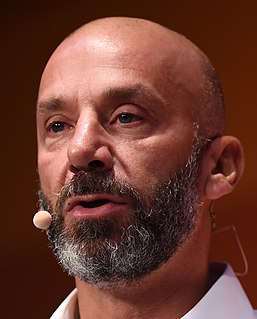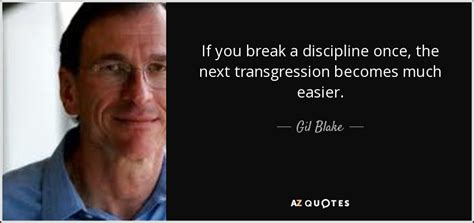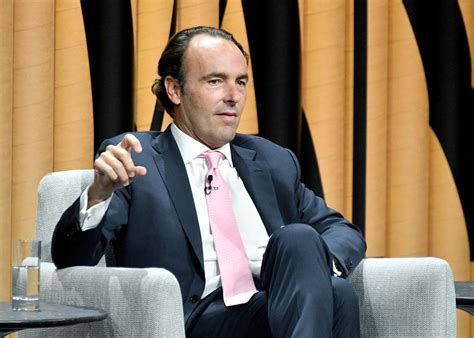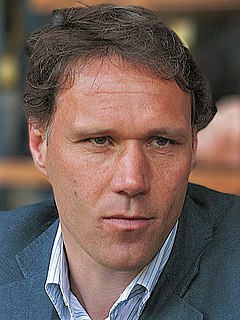A Quote by Thomas Andrews
The more [people] know about the invasion and occupation of Iraq, the less they support it.
Related Quotes
I know it is said repeatedly that I was in support of the American invasion in Iraq. It is simply not true. I was in favor of helping the Iraqis, and most specifically Ahmad Chelebi and the Kurdish leadership to set up an independent government of free Iraq. I think that would have been the right thing to do.
The Islamic world is not only suffering from the American occupation of Palestine and Iraq, it's also suffering from the unbelievable corruption in Afghanistan by Afghans themselves and also in Iraq - I'm just giving these 2 examples of countries which are under direct occupation; I do not mean at all to negate the terrible events that led to this or what's going on with the foreign occupation there.
It's strange for me to say it, but this process of change has started because of the American invasion of Iraq. I was cynical about Iraq. But when I saw the Iraqi people voting three weeks ago, 8 million of them, it was the start of a new Arab world. The Syrian people, the Egyptian people, all say that something is changing. The Berlin Wall has fallen. We can see it.
I wrote a letter to our Australian newspaper about three weeks before the invasion and I said, "Osama bin Laden must be on his knees morning and night praying to Allah that the Americans will invade." And, of course, he was, because nothing more advanced his cause - the cause of terrorism - than the invasion of Iraq. It was an absurdity.






































